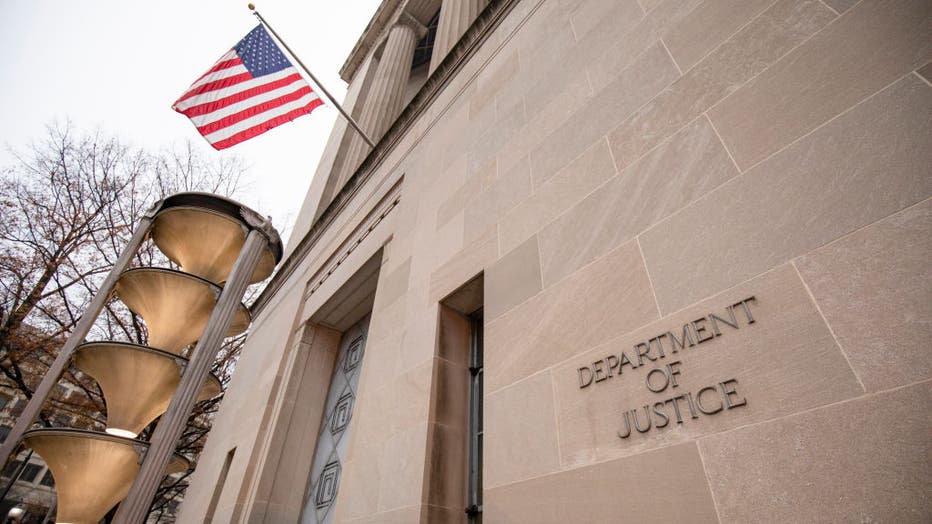Scammers targeting elderly with phone calls posing as DOJ officials, agency says
LOS ANGELES - The U.S. Department of Justice is warning citizens to be on the lookout for scammers targeting the elderly with phone calls, claiming to be with the agency in order to obtain sensitive and personal information from the call recipient.
The agency says it has received “multiple reports” of the fraudulent activity.
“Reports to the National Elder Fraud Hotline indicate these scammers falsely represent themselves as Department of Justice investigators or employees and attempt to obtain personal information from the call recipient, or they leave a voicemail with a return phone number,” according to a DOJ news release.
If an individual calls the number left for them, they are usually transferred to an “operator” claiming to be a DOJ investigator before attempting to gain access to the victim’s personal info including credit card numbers, social security numbers and anything else that would put members of the public at risk if such information were to be made available to these scammers, according to the DOJ.
“Phone scams are an ugly and pervasive act of victimization. The scams being reported to our National Elder Fraud Hotline are especially heinous because they show the perpetrators are preying upon one of the most vulnerable segments of our society – the elderly,” said OVC Director Jessica Hart. “As if this were not despicable enough, the scammers do so posing as employees of the Justice Department, usurping public trust in the agency that serves as a bastion of fairness and lawfulness while these scams exploit the elderly for financial gain. The first step to identifying these criminals is to have their crimes reported.”
U.S. authorities have been warning the public of various scams ever since the first days of the coronavirus outbreak.
Whether it has been price gouging, a phone call requesting information on COVID-19 stimulus money or the promise of a vaccine, the fraudulent activities have all occurred with a primary goal in mind: taking advantage of the pandemic.
With much confusion and misinformation surrounding the COVID-19 crisis, coronavirus scams exist in nearly every form.

The Justice Department building on a foggy morning on December 9, 2019 in Washington, DC. (Photo by Samuel Corum/Getty Images)
RELATED: Federal authorities thwart hundreds of online COVID-19 related scams
In April, the the FBI’s Internet Crime Complaint Center had received and reviewed more than 3,600 complaints related to COVID-19 scams, according to a statement by the DOJ.
In late March, the Better Business Bureau (BBB) released a warning to individuals involving a text message scam impersonating government agencies in an attempt to obtain sensitive information.
In June, The Federal Trade Commission (FTC) warned (https://www.ktvu.com/news/ftc-warns-of-large-scale-unemployment-fraud-scam-amid-coronavirus-pandemic) of a “large-scale scam erupting in the midst of the pandemic involving impostors who had been filing claims for unemployment benefits using the personal information of people who have not filed any claims.”


